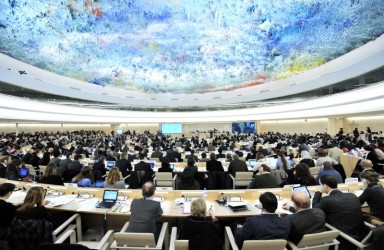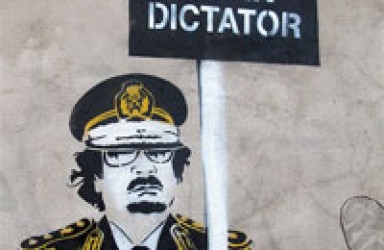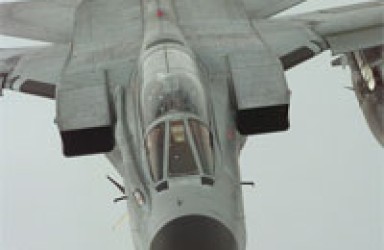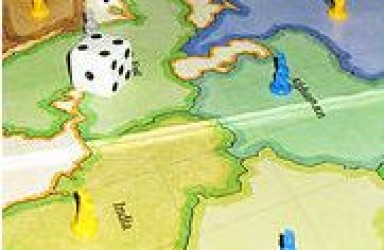Did Diplomacy Succeed or Fail in Libya?
Although all wars may represent a failure of diplomacy, war is often the last resort of diplomacy. This paradox results from two competing ideas of what the supreme objective of diplomacy should be: peace at any cost, or peace by any means. This is the paradox of Libya. The international military intervention resulted from a mixture of an arguably successful strategy of coercive diplomacy at the UN, and a failure of third-party mediations.
The evolution of modern UK-Irish relations
The relations within and between the British and Irish islands are now routinely described as never having been better; a description regarded as a cliché. A cliché? Good. It was not so long ago that such a belief would have been dismissed as an attempt at humour.
Libya: a Turning Point for the Responsibility to Protect Doctrine?
The Libyan Crisis is in some respects a turning point in the ‘history’ of the responsibility to protect doctrine (RtoP). The case suggests that the international community is beginning to mobilize against rulers who conquer or purchase statehood to gain impunity.
Left and Religion: An Approach beyond the Dichotomy of Progressivism and Reactionism
One of the hotly debated topics in leftist circles is religion itself. While most leftists, especially since the birth of Marxism, have criticized religion with the desire of its downfall, there have been attempts by some to unite them, as in liberation theology, Christian communists and Islamic socialists.
Why the Bombing of Libya cannot Herald a Return to the 1990s Era of Humanitarian Intervention
Many international relations commentators are heralding the Western bombing of Libya as marking a return to the 1990s era of humanitarian intervention. The debate is largely over whether this return is to be welcomed or regretted. But a return of the moral or ethical understandings of the humanitarian interventionist 1990s is not a possibility.
India, China, and Asia’s Growing Presence in the Middle East
The East Moves West confirms Geoffrey Kemp’s reputation as a scholar who combines a broad geopolitical vision with an extraordinarily detailed knowledge of the many bilateral relationships between so many Middle Eastern countries, on the one hand, and so many Asian powers, on the other. It will be of great value to policy makers, journalists, scholars and students.
Three Ripples from the Arab Spring
Revolutionary change is hard to understand, but it is even harder to predict. Whatever transpires in Libya, political tectonic waves are shifting. In the coming years, Cairo will rediscover its stature and voice; the Arab world’s sectarian cold war will move into a dangerous period; and aspirant democrats will search for models of their own, first Turkey, but perhaps eventually, Egypt.
A hectic season for IR junkies
This is a hectic season for IR junkies – another American-led war, several new African catastrophes, another crisis over the Euro, and (perhaps, best of all) the return of the nuclear issue. As these have arisen I’ve been wondering what kind of a creature IR is in the aftermath of […]
The Strategy Behind Operation Ellamy
Gaddafi has long had form as a murderer. Neither Britain nor America have forgotten his role in the 1988 Lockerbie bombing. With intervention, the West sends a clear message to all Arabs and those who rule over them whether despots or occupying states. To stand with those who want democracy can only ever be the right thing to do. As Tony Blair has said, the case for western intervention is as strong now as it has ever been.
Why Political Theory is Still Relevant and How it can Help Us Understand the World of Today
The principal reason for taking political philosophy seriously is not its possible relevance to contingent events in the world but simply its capacity to open up intellectual space for human beings to do something that’s part and parcel of their humanity, reflecting on what actually defines a fully human existence.













